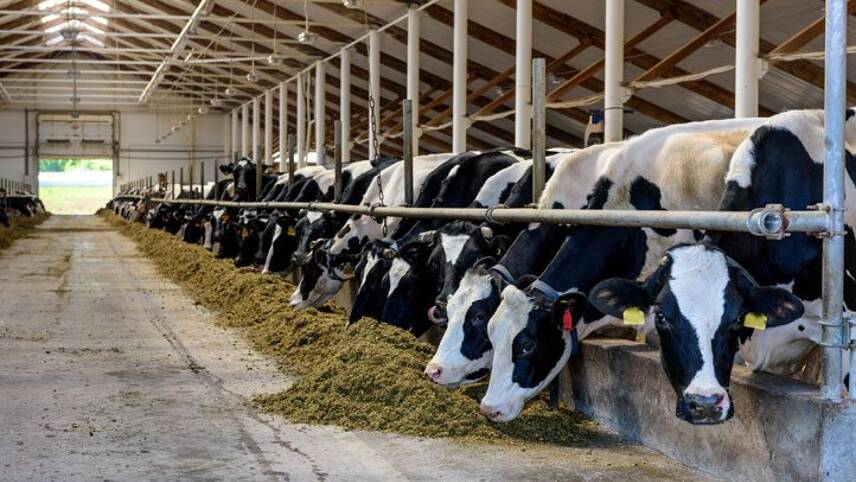Register for free and continue reading
Join our growing army of changemakers and get unlimited access to our premium content

Horizon Organic is aiming to achieve carbon neutrality before going beyond that milestone by removing or preventing additional carbon emissions
Danone-owned brand Horizon Organic is aiming to become the first national dairy brand to be carbon positive across its full supply chain in the US.
In a bid to reach this achievement, the company has published a summary of the LCAs of its Horizon Organic whole milk half gallons. The company has confirmed that a half-gallon carton of its whole milk has a carbon footprint of 5.58 kg CO2e. If a person was to drink one glass of Horizon Organic whole milk each day for a year, the emissions would be equivalent to driving 632 miles.
“Time is not on our side when it comes to climate change, and it’s the responsibility of businesses to act with urgency and transparency,” Danone’s head of sustainable development Deanna Bratter said.
“Releasing Horizon Organic’s carbon footprint is only the first step in this journey. We’re now focusing on partnerships and investing in our family farmers to implement carbon reduction projects to meet our ambitious carbon positive by 2025 goal.”
Horizon Organic is aiming to achieve carbon neutrality before going beyond that milestone by removing or preventing additional carbon emissions, which it is labelling as “carbon positive”.
The LCA found that two-thirds of Horizon Organic’s emissions come from on-farm activities including soil management, fermentation, manure management and milking. The rest comes from activities such as manufacturing, transportation and packaging.
Based on these findings, Horizon Organic has outlined action areas to improve emissions. Farmers supplying to the company have already enrolled in the Danone North America Soil Health Initiative, which represents 28,000 acres or 26.4 million gallons of organic milk and additional farmers will be enrolling soon.
Currently, 100% of the electricity used by Horizon Organic is derived from renewables through power purchase agreements. The company is also aiming to accelerate the uptake of low-carbon fuel by supporting the BSRTM Sustainable Fuel Buyers principles.
Matt Mace


This is probable good news, but as with so many corporate claims, it’s hard to drill down. The horizon.com website says "Life Cycle Assessment performed in accordance with ISO 14040 methodology using 2018 data for Horizon Organic whole milk half gallons produced in three Danone North America owned facilities" – note that a US half gallon is only 1.89 litres. The plants use 100% renewable electricity under a PPA, so possibly attribute zero CO2 in that direction. They do consider disposal of the carton, and storage at home in a fridge, so it’s full cradle to grave. Their website has an interactive graphic that’s almost impossible to navigate, but the Dairy Reporter website has a much clearer one that Horizon have also produced (it’s a shame edie didn’t use it). No idea how they did the glass of milk a day to car miles calculation, but a back of an envelope calculation suggests that either it’s a real gas guzzler they are comparing with, or a teeny glass of milk!